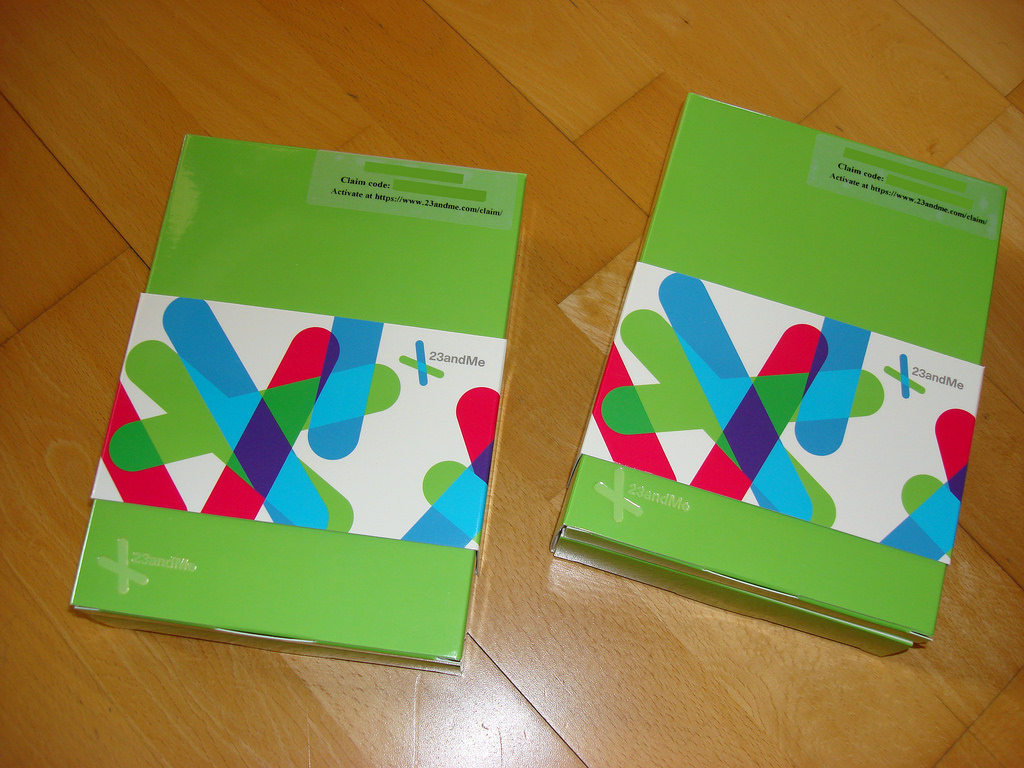Aggregated News

In 2010, Dr. Pamela Munster mailed her saliva to 23andMe, a relatively new DNA testing company, and later opted in for a BRCA test. As an oncologist, she knew a mutation of this gene would put her at high risk for breast and ovarian cancer. She was relieved by the negative result.
Two years later, after she learned she had breast cancer, she took a more complete genetic test from a different lab. This time it was positive.
A study of 100,000 people released earlier this month suggested that this experience could be widespread. Nearly 90 percent of participants who carried a BRCA mutation would have been missed by 23andMe’s test, geneticists found.
23andMe’s testing formula for this risk is built around just three genetic variants, most prevalent among Ashkenazi Jews. The new study demonstrated that most people carry other mutations of the gene, something many doctors have long suspected.
“It’s as if you offered a pregnancy test, but only the Jewish women would turn positive,” said Dr. Munster, who is the co-leader of the Center for BRCA Research at...



